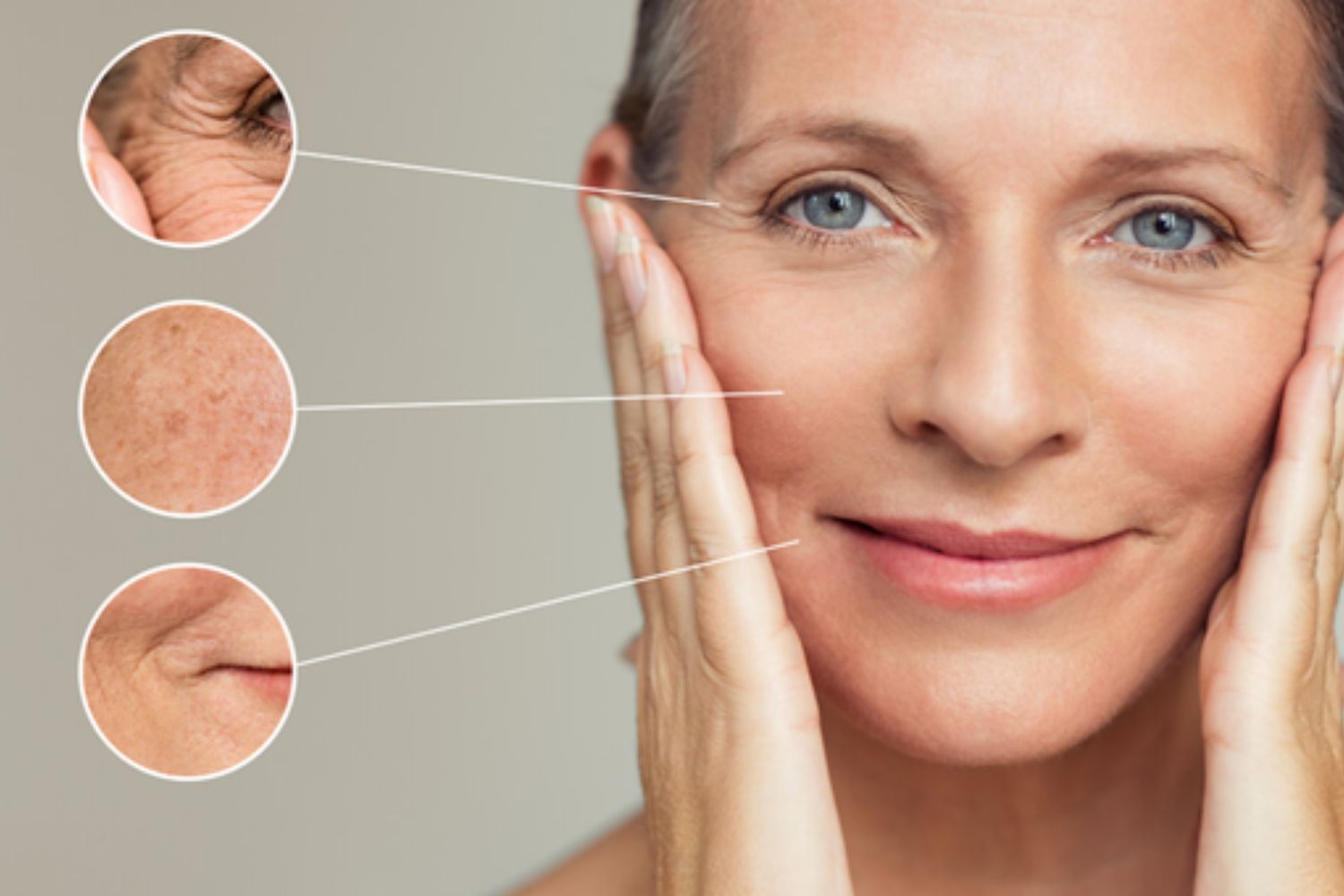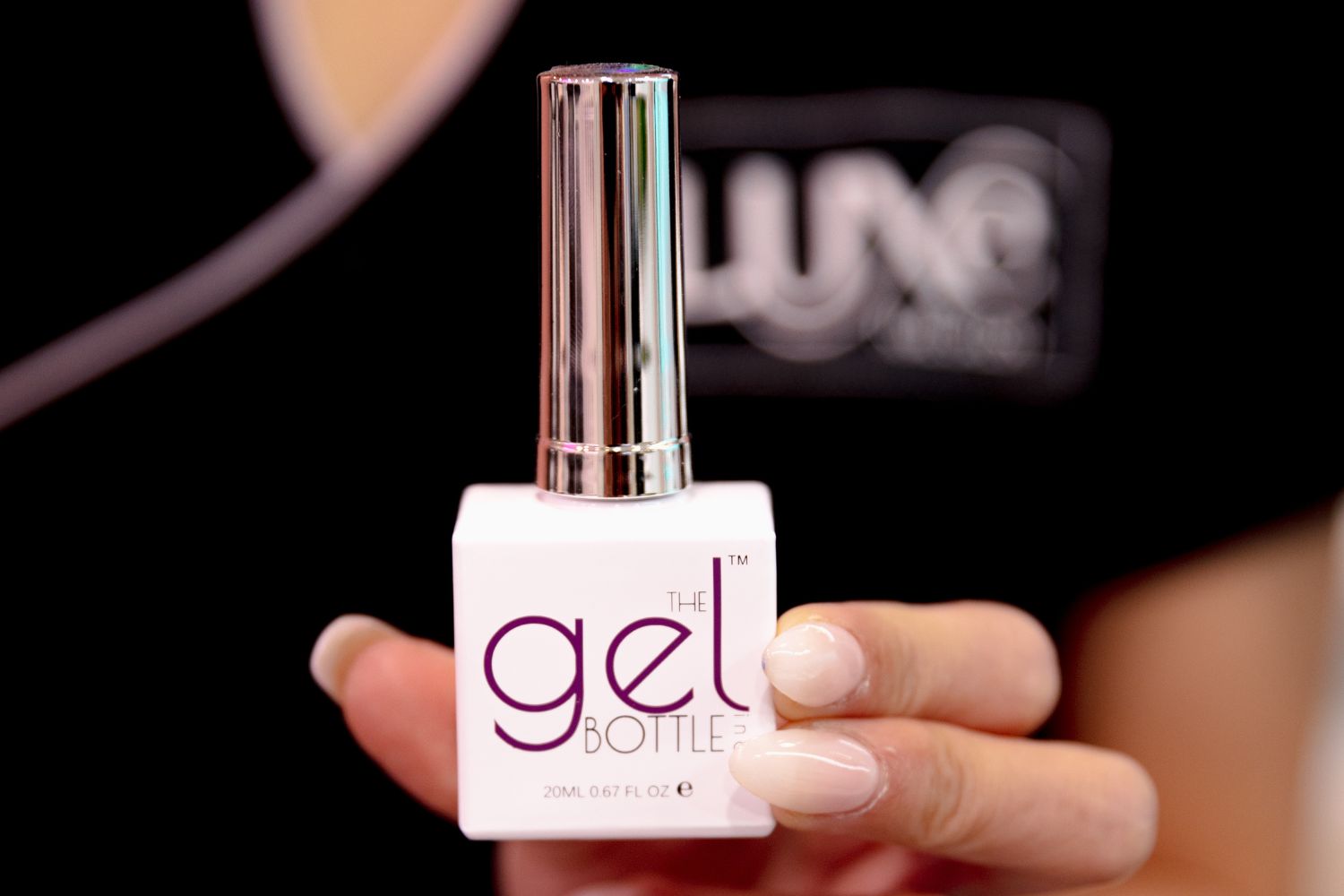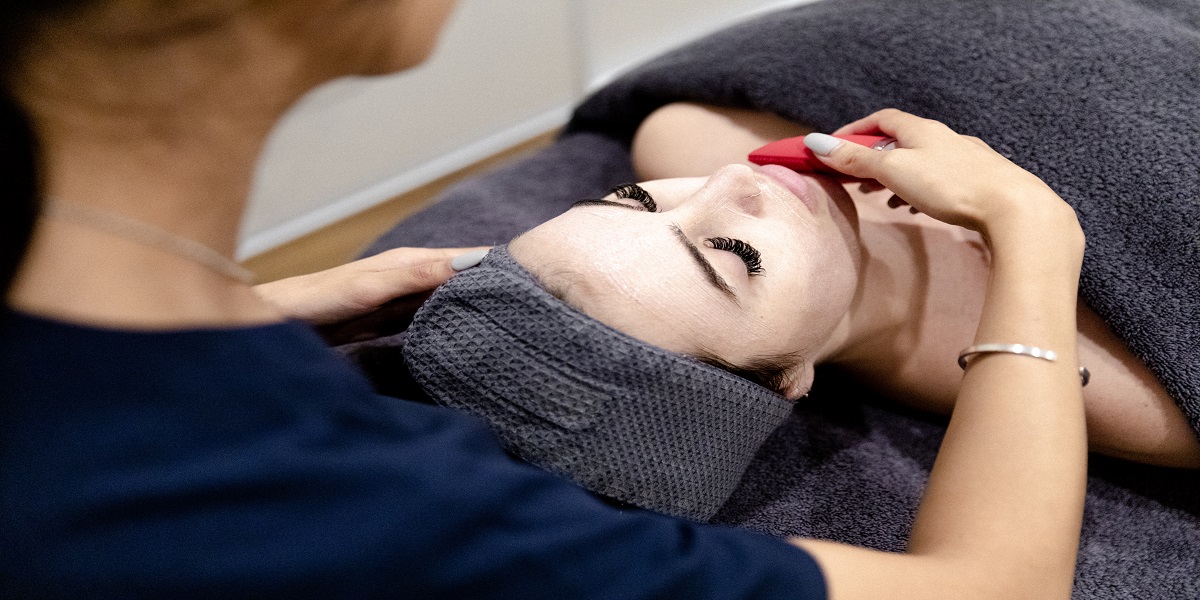
Causes of Premature Aging
You catch a glimpse of yourself in the mirror and have to do a double take. Your skin appears to be dull and lines are forming in areas they weren’t before. Makeup doesn’t appear to sit as nicely on the skin and you notice a lot more movement when applying your facial products. Is your skin showing its’ true age or are things moving a little more quickly than standard?
What is premature ageing? When comparing normal ageing to premature ageing, the main difference is the timeline. Most people begin to notice changes to their skin in their mid 30’s. People experiencing premature ageing notice fine lines and wrinkles earlier than is expected. To be put more scientifically, premature ageing is when the skin appears older than its chronological age. It is often characterised by wrinkles, fine lines, and sagging skin. Several factors can contribute to premature ageing, including your genetic predisposition, sun exposure, lifestyle choices, and environmental factors.
Signs and symptoms of ageing - Fine lines, wrinkles and grey hair. These are the most common responses from individuals when asked the signs of ageing. However, symptoms of ageing can present as more than just fine lines and wrinkles. Other symptoms include:
● Dry or itchy skin
● Thin, translucent skin
● Sagging skin
● Sunken cheeks
● Hair loss
● Hyperpigmentation around the chest
● The formation of sunspots (also called liver spots or age spots).
To delay signs of ageing, it is important to recognise and be aware of what causes these symptoms to prematurely present on the skin.
Causes of premature ageing - In order to understand the causes of ageing, allow us to get a little scientific for a moment. Your cells are programmed to divide, multiply, and perform basic biological functions. As the years go on and the more these cells go through this redivision process, the more weakened and ineffective they become. Cells eventually lose their ability to function properly and the risk of damage to the cells increase as a result of age.
The cells responsible for collagen and elastin production in the skin are called Fibroblasts. As we age, less collagen and elastin is produced, and as a result, our skin loses its structure, strength and elasticity. The acceleration of this process is what leads to the premature ageing of your skin. Several factors are responsible for speeding up the signs of ageing in your skin and are categorised as intrinsic (genetic disposition) or extrinsic (environmental factors and lifestyle choices).
Genetic disposition - If you want an idea of what you will look like when you are older, take a look at your parents. Some people ‘age well’ and this comes down to their genetic disposition. A genetic predisposition means that there is an increased chance that a person will develop based on their genetic makeup.
Sun exposure - One of the most significant external factors contributing to premature ageing is sun exposure. The ultraviolet radiation of the sun interacts with our skin and causes damage. This is known as photoageing. Unprotected sun exposure causes the production of free radicals; unstable molecules that cause damage to our cells. These molecules breakdown collagen and elastin, leading to wrinkles, age spots, and an increased risk of skin cancer. It's essential to use sunscreen with at least SPF 30 and to reapply it every two hours to protect your skin from the harmful effects of the sun.
Smoking and alcohol consumption- Lifestyle influences such as smoking and alcohol consumption can also contribute to premature ageing. Nicotine in cigarette smoke causes blood vessels to constrict, reducing the amount of oxygen and nutrients that reach the skin. Alcohol consumption can dehydrate the skin, making it appear dull and aged.
Stress- Stress is another culprit contributing to the premature ageing of your skin. Stress causes the body to release cortisol, which can break down collagen and elastin. Stress causes inflammation, which contributes to the formation of wrinkles and fine lines.
Poor nutrition and lack of sleep- Poor nutrition and lack of sleep will contribute to premature ageing. A diet high in sugar and processed foods can lead to inflammation and a lack of essential nutrients for healthy skin. Lack of sleep can cause the skin to appear dull and tired, leading to wrinkles and dark circles under the eyes.
What next? - The best treatment for premature ageing is prevention. The first line of prevention is to limit behaviours that are known to accelerate the process. Protect your skin from sun damage and adopt healthy habits like quit smoking, limit alcohol consumption, exercise regularly, manage stress levels and eat a healthy diet to correct nutritional deficiencies and boost your intake of antioxidants.
Daily use of a professional skin care range enriched with antioxidants, vitamins and retinoids, just to name a few, help strengthen the skin and protect from cellular damage. AHA’s and exfoliation treatments are important to speed skin cell turnover which may have slowed down due to premature ageing.
If a more intensive approach is required, Complete Skin & Beauty have a great range of professional in salon treatments. A skin consultation is recommended to discuss your concerns so that we can determine the best course of action and to create a customised treatment plan to meet your skin goals.
Related Posts
The game changer, The GelBottle BIAB (Builder In A Bottle) at Luxe Nail Salon.
Australian Skin Clinic has 3 steps to give your skin the Summer glow-up you have been looking for.
Eat well and save more.
The Best Carrot Cake Recipe for Mother's Day from Woolworths.
We've put together a list of travel essentials from JB Hi-Fi Brisbane City, Caseway, Heel & Sole Man, and AusXchange that you won't want to leave home without.
Subscribe to our newsletter
Subscribe today to receive the latest offers, events and exclusive promotions at MacArthur Central.
By submitting your details, you agree with our Platform Terms of Use, and have read our Privacy Policy.

.png?width=1500&height=1000&ext=.png)




